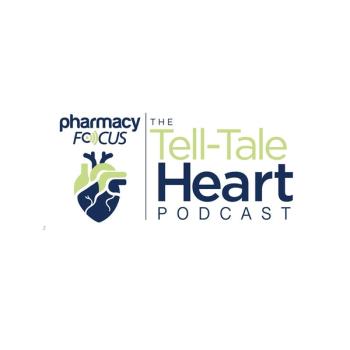
Unmet Needs Persist in Long-Term Cancer Survivors
Study finds cancer patients need better support following treatment.
The fight against cancer can last long passed the end of treatment for survivors of the disease.
A recent study addressed long term cancer survivors with unmet needs at least 9 years after diagnosis.
The study was conducted by the Yale School of Public Health and Yale Cancer Center and published in the Journal of Cancer Survivorship.
Although there are variations the needs of cancer survivors based on age, education, and race, researchers found that most patients are looking to gain information on cancer screenings, issues related to treatment, rehabilitation, managing long term side effects of cancer treatments, emotional and financial support, and how to live a healthy lifestyle with physical activities and diet.
These needs are laid out in the Survivorship Care Plan (SCP), which patients receive once the cancer treatment is completed. However, the majority of patients enrolled in the study did not receive a SCP, it was not always common practice.
The findings suggest it’s important for health care providers to understand that cancer health-related information is necessary and important for long term survivors.
It was also found that a print format for information that is used today was the preferred way to digest cancer information.
“Our population was an older generation of cancer survivors,” the study authors wrote. “Most were around 55-years-old when they were diagnosed, so they are now closer to 65 or 70. The preferences of long-term survivors for receiving health information may change moving forward, but in our study population, more people still prefer information in print versus on the internet."
As younger generations of cancer survivors start to surface, there could be a shift in preference from print to digital.
“We did find that people who use the internet trust sources like the National Cancer Institute and the American Cancer Society websites, so this is something to consider in the future for providing information,” the study authors wrote.
Newsletter
Stay informed on drug updates, treatment guidelines, and pharmacy practice trends—subscribe to Pharmacy Times for weekly clinical insights.

































